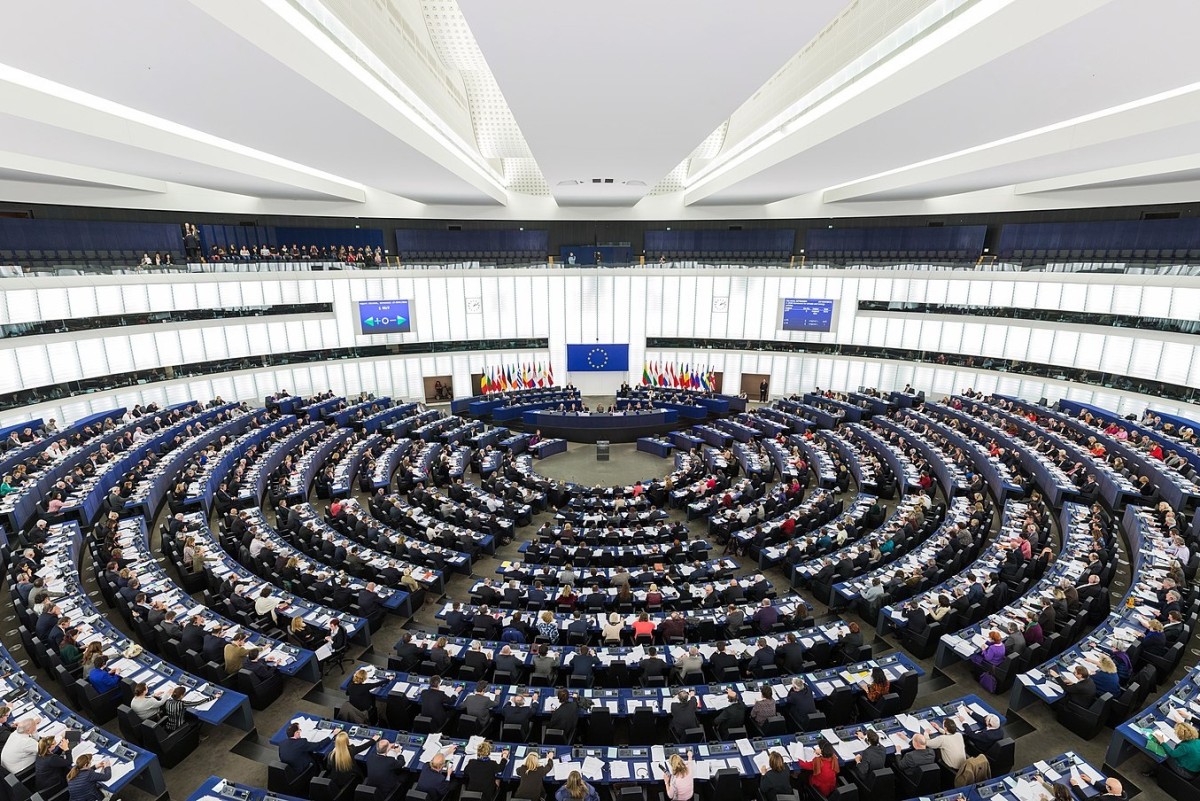Sponsored Content
Exciting Race for EU Mandates: Austria's Parties in Starting Position
Austria's political landscape is gearing up for an exciting election year, starting with the election of EU representatives in June. The Neos were recently the last of the parliamentary parties to complete their list of candidates and their election program, marking the official start of preparations for the EU elections. Despite this great start to the campaign, the rise of right-wing populist parties in Europe and the troubled relations between the EU and Russia will make the EU elections even more complicated.
 The EU elections are taking place in the context of relations between the EU and Russia and could be further complicated by the rise of right-wing populist parties in Europe. / Picture: © Wikimedia Commons; Diliff, CC BY 3.0 DEED (https://creativecommons.org/licenses/by/3.0/deed.en)
The EU elections are taking place in the context of relations between the EU and Russia and could be further complicated by the rise of right-wing populist parties in Europe. / Picture: © Wikimedia Commons; Diliff, CC BY 3.0 DEED (https://creativecommons.org/licenses/by/3.0/deed.en)
Helmut Brandstätter was elected as the Neos' top candidate in Vorarlberg, joining the list of top candidates that includes Reinhold Lopatka (ÖVP), Andreas Schieder (SPÖ), Harald Vilimsky (FPÖ) and Lena Schilling (Greens). The EU election is seen as decisive for the future direction of the European Union. The candidates bring a wide range of experience and political views to the…
or Log In
Fast News Search





